No products in the cart.
We deliver to:
🇦🇺 Australia
🇨🇦 Canada
🇨🇿 Czechia
🇩🇰 Denmark🇪🇪 Estonia
🇮🇪 Ireland
🇮🇱 Israel
🇮🇹 Italy
🇯🇵 Japan
🇲🇽 Mexico
🇵🇱 Poland
🇰🇷 South Korea
🇨🇭 Switzerland
🇬🇧 United Kingdom
🇺🇸 United States of Americaand more
We deliver to:
🇦🇺 Australia
🇨🇦 Canada
🇨🇿 Czechia
🇩🇰 Denmark🇪🇪 Estonia
🇮🇪 Ireland
🇮🇱 Israel
🇮🇹 Italy
🇯🇵 Japan
🇲🇽 Mexico
🇵🇱 Poland
🇰🇷 South Korea
🇨🇭 Switzerland
🇬🇧 United Kingdom
🇺🇸 United States of Americaand more
[category_image]
Herbion plantain syrup bottle 150 ml
$22.55
Herbion plantain syrup contains an extract of a mixture of plantain lanceolate leaves, mallow flowers and ascorbic acid.
Categories: Cold and flu
Brand: KRKA
Pharmacological properties
Herbion plantain syrup contains an extract of a mixture of plantain lanceolate leaves, mallow flowers and ascorbic acid.
It is assumed that the gluten of plantain leaves and mallow flowers and iridoid glycosides (aucubin) of plantain leaves play an important role in the action of the drug. Since Herbion plantain syrup contains gluten extracts, it acts as a mucolytic agent in dry irritating cough, which accompanies inflammation of the upper respiratory tract. The mucolytic substance forms a thin protective layer on the mucous membrane of the oral cavity and throat and mechanically protects the mucous membranes from irritants that cause the cough reflex. Thus, it reduces cough caused by irritation of the mucous membrane of the respiratory tract during inflammatory processes that have arisen due to various environmental irritants.
Ascorbic acid is involved in many metabolic processes in the body, it stimulates the body’s immune response and promotes cell regeneration.
Gluten polysaccharides of both drugs are not absorbed or converted, but act locally on the mucous membrane (as a protective layer).
Absorption of ascorbic acid begins through the mucous membranes of the oral cavity, continues in the duodenum and small intestine. It is distributed to all tissues and cells. In the human body, ascorbic acid is reversibly oxidized to oxalate and ascorbate-2-sulfate, which are excreted in the urine. Excess ascorbic acid is excreted in the urine in unchanged form.
Indication
Dry cough in infectious and inflammatory diseases of the upper respiratory tract; smoker’s dry cough.
Application
For children aged 2-7 years – 1 measuring spoon of the drug Herbion Plantain Syrup 3 times a day; 7-14 years – 1-2 measuring spoons of syrup 3 times a day; for adults and children over 14 years – 2 measuring spoons of syrup 3-5 times a day.
Patients should not eat or drink immediately after taking the drug, as food and drink may accelerate the elimination of the drug from the mucous membranes of the mouth and throat.
If symptoms do not disappear after 1 week of use, you should consult a doctor.
The bottle should be shaken well before use.
During the period of use of the syrup, it is recommended to drink plenty of tea or other warm drinks.
Contraindication
Hypersensitivity to the active substances or any inactive ingredient included in the preparation, gastritis, gastric ulcer.
Side effects
Side effects are classified into the following groups according to their frequency: very common (≥1/10); common (≥1/100, 1/10); uncommon (≥1/1000, 1/100); rare (≥1/10,000, 1/1000); very rare (1/10,000); unknown (cannot be determined from the available data).
On the part of the immune system: rarely – hypersensitivity reactions, allergic reactions, skin rash, dermatitis.
If severe side effects occur, treatment should be discontinued.
Special instructions
The drug contains sucrose, so it should not be used in patients with diabetes. If shortness of breath, fever or purulent sputum occurs, you should consult a doctor.
Special information about some of the excipients: This medicine contains sucrose. Therefore, patients with rare hereditary problems of fructose intolerance, glucose-galactose malabsorption or sucrase-isomaltase deficiency should not take this medicine.
Methyl parahydroxybenzoate (E218) may cause allergic reactions (possibly delayed).
Use during pregnancy and breastfeeding. The syrup should not be used during pregnancy and breastfeeding due to insufficient data on its safety.
Ability to influence the reaction rate when driving vehicles or working with other mechanisms. There have been no reports of the drug’s effect on the ability to drive vehicles or work with other mechanisms.
Children. The syrup is not recommended for use in children under 2 years of age without prior consultation with a doctor.
Interactions
Unknown.
Overdose
There were no messages.
Storage conditions
At a temperature not exceeding 30 °C.
Be the first to review “Herbion plantain syrup bottle 150 ml” Cancel reply
You may also like


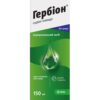
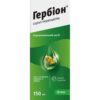
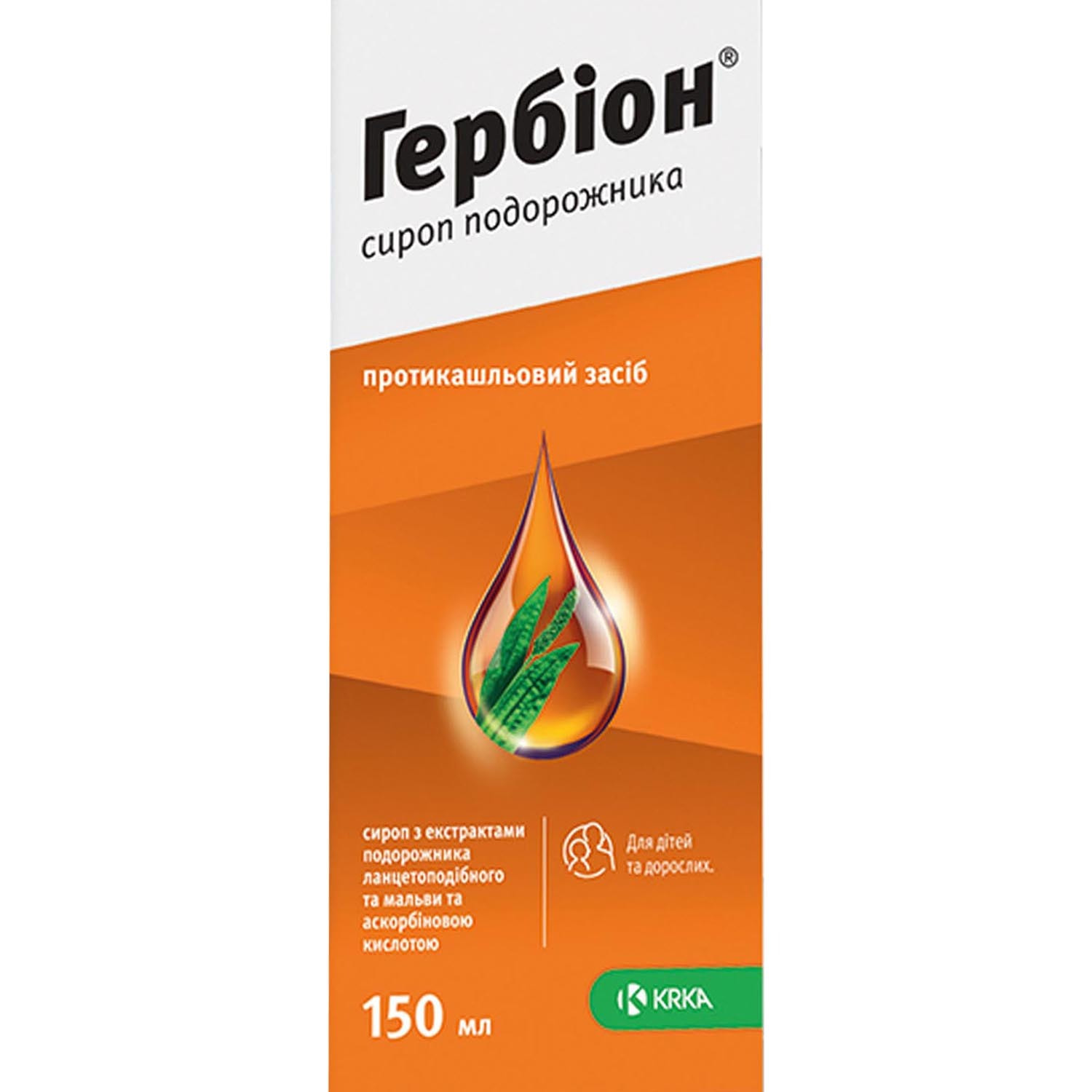
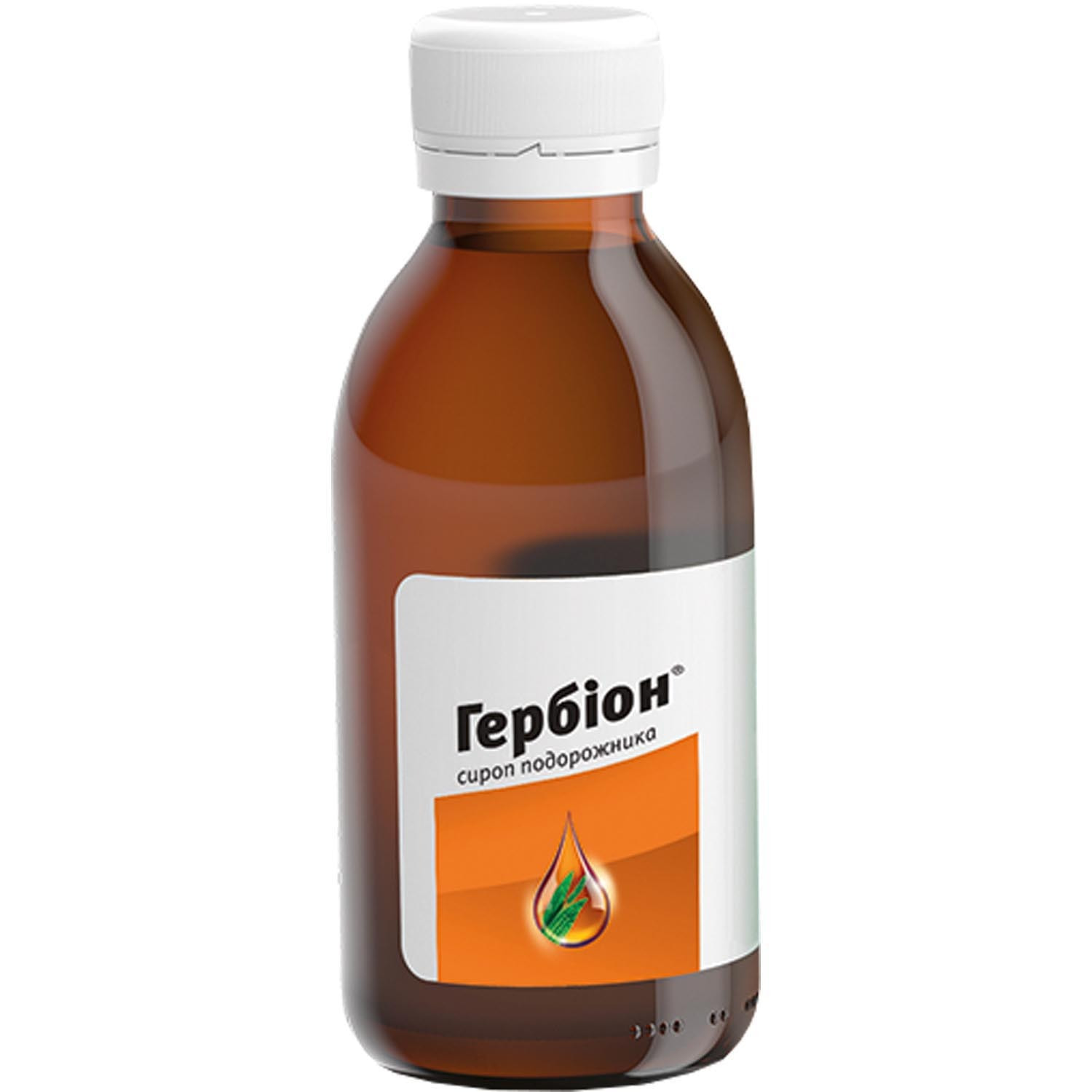


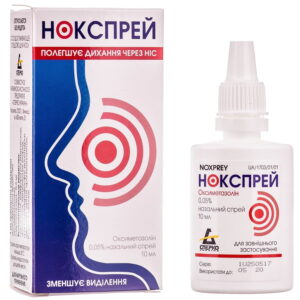
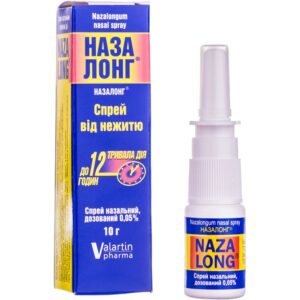
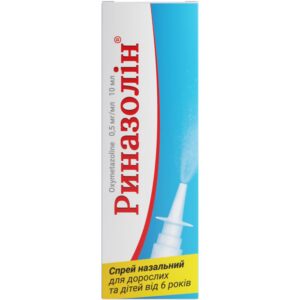
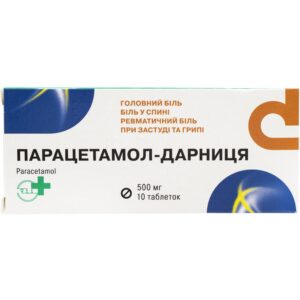
Reviews
There are no reviews yet.